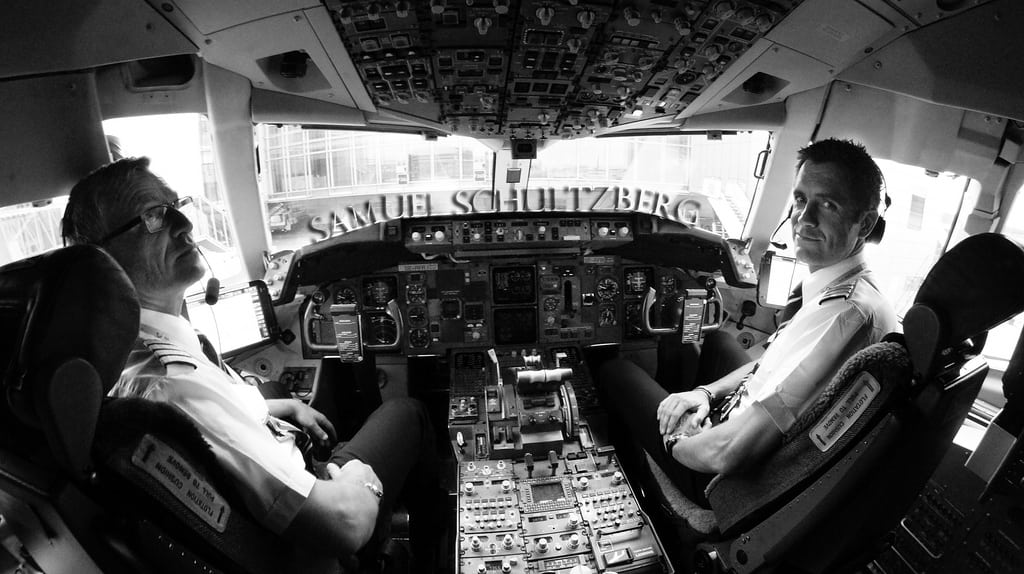Skift Take
The new findings will be used to pressure the EU into implementing stricter scheduling regulations, a move that airlines will fight as it means paying more pilots for fewer hours.
Four in 10 British pilots have fallen asleep at the controls of an aircraft, a survey has suggested, fuelling concerns over safety regulations.
Recent research has also revealed that a third of these pilots admitted waking up to find their co-pilot asleep as well.
In a 2012 survey for the European Cockpit Association (ECA), more than half of around 6,000 pilots from all over Europe said tiredness had hampered their ability to fly.
Of those who felt unfit, 79 per cent said that this was “sometimes” or “often” the case.
The research also suggested the issue is under-reported. Fearing the reaction of employers, 70 to 80 per cent of tired pilots said they would not file a fatigue report or declare they were unfit to fly.
To the ECA, the results were not surprising. The organisation claims that long duty and standby hours, night flights and disruptive schedules contribute to pilots spending long periods awake.
The body is using the survey to bolster its campaign demanding safer flying time regulations. It says the final proposal from the European Aviation Safety Agency (EASA) on Flight Time Limitations, published in October and designed to “harmonise” regulations across the EU, fails to protect passenger safety, and would only marginally improve the current situation.
“Fatigue impairs the judgment and ability of air crews to react quickly, with potentially disastrous consequences,” said Philip von Schöppenthau of the ECA. “We cannot wait for another accident before the EU wakes up and realises its rules are insufficient.”
The British Airline Pilots’ Association is also opposed to the EASA’s proposals which it said are more permissive than those currently in place in Britain. It said pilots will be able to land an aircraft having been awake for 22 hours, could face night flights of up to 11 hours long and be forced to work up to seven early starts in a row. Currently British pilots can go up to 18 hours without sleep.
However, a Government report published on September 11 said the current draft of the EASA proposals “will not lead to a diminution of safety in the UK”. In response to a Transport Committee Inquiry, it said the rules will offer a similar level of safety to that set by the US Federal Aviation Administration and noted that some other EU member states believed the proposals too restrictive in some areas.
![]()
The Daily Newsletter
Our daily coverage of the global travel industry. Written by editors and analysts from across Skift’s brands.
Have a confidential tip for Skift? Get in touch
Tags: european union, pilots, regulations
Photo credit: Pilots prepare for take off at Stockholm Arlanda Airport. Samuel Schultzberg / Flickr.com
